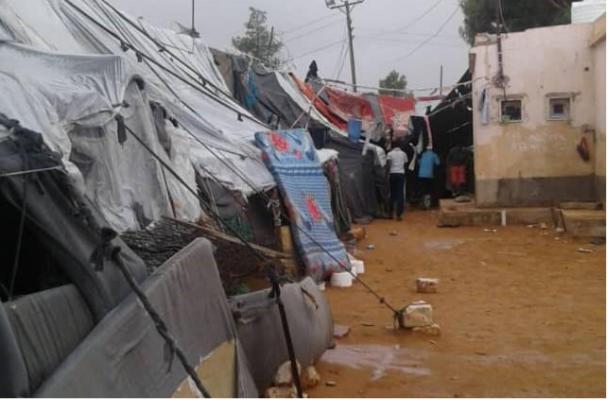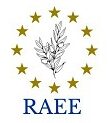Authors: Mirjam Van Reisen, Klara Smits & Morgane Wirtz. Edited by Klara Smith
Year: January, 2020
Overview
This policy brief looks at the situation of Eritrean refugees in Libya and the role of the EU in their repression. Libya has proved to be fertile ground for organised networks of human traffickers. Refugees end up in Libya’s detention centres, where they face disease, unsanitary conditions, lack of food, arbitrary punishment and the risk of being resold to human traffickers.
Abstract
A historic destination for refugees and migrants, as well as a country of transit, Libya has proved to be fertile ground for organized networks of human traffickers. Traffickers use mobile phones to extort ransoms from the relatives of refugees while they are being tortured. After being released or escaping the traffickers, or returned by the Libyan coastguard after failing to cross the Mediterranean Sea, many end up in Libya’s detention centres, where they face disease, unsanitary conditions, lack of food, arbitrary punishment and the risk of being resold to human traffickers. Control over information and digital technology by Libyan authorities, international organisations such as UNHCR, and human traffickers – network gatekeepers – plays a vital role in the repression and human trafficking of refugees in Libya. Actors such as the European Union and the United Nation Refugee Agency depend on Libyan authorities for access and migration control. These same authorities repress refugees and perpetuate their arbitrary detention. This policy brief looks at the situation of Eritrean refugees in Libya and the role of the EU in their repression.

Recommendations
- The fight against human trafficking in Libya requires a thorough recognition of the conditions of those held in captivity, from which an approach must be developed that focuses on the protection and treatment of victims and persecution of human traffickers at the highest levels.
- The European Union should stop cooperating with the Libyan coastguard to return refugees and migrants to Libya and the detention centres, in which they are mistreated and at risk of being resold to human traffickers.
- The European Union should increase opportunities for the resettlement of refugees and migrants from Libya, including direct humanitarian evacuations that do not rely on emergency transit mechanisms to third countries, which easily become bottlenecks where refugees can remain stuck for months or years.
